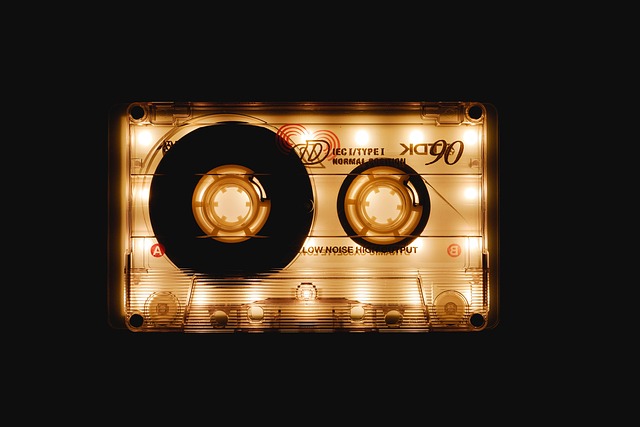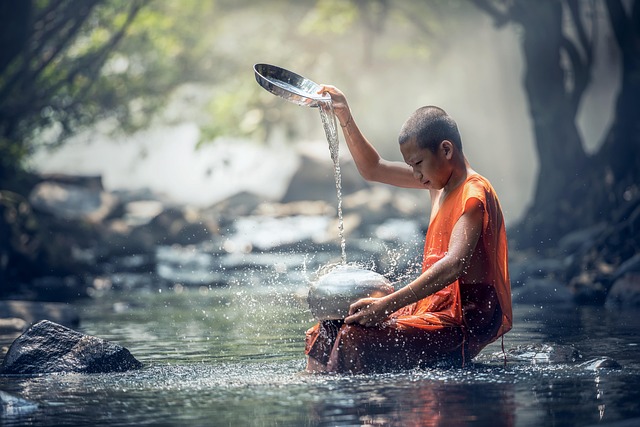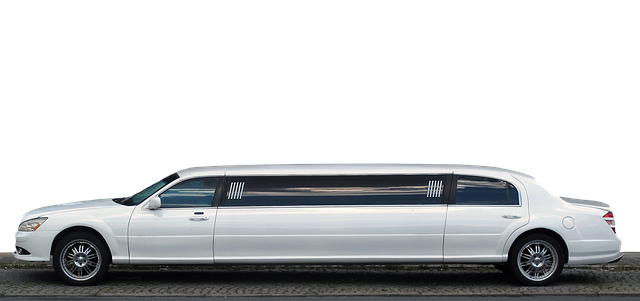Radio has long been a powerful force in shaping music culture, and its influence on the evolution of rap music is nothing short of remarkable. From its early days in the streets to dominating airwaves, rap has not only found its roots but has also blossomed into a multifaceted genre that resonates with millions. As we delve into the relationship between radio and rap, we discover how this medium has helped define party vibes, musical styles, and the overall cultural tapestry of the genre.
In the beginning, radio served as a critical platform for emerging rap artists, providing them with the exposure necessary to break into a largely segregated music industry. Early hip-hop tracks were often spun on college stations and underground frequencies, allowing DJs and artists to connect directly with their communities. This grassroots effort created a sense of authenticity, transforming radio into a vital component of the rap ecosystem.
As the genre evolved, so too did the radio landscape. The rise of specialized rap radio stations and programs in the 80s and 90s enabled the genre to reach a wider audience—ushering in the golden age of hip-hop. Iconic radio personalities like Funk Flex and Mr. Cee not only showcased the newest tracks but also helped popularize the quintessential sounds of New York-style hip-hop. Their contributions established radio as a fundamental platform where rap music didn’t just play; it resonated.
The party vibe is another essential function of radio within rap culture. There’s something about turning on a radio station and hearing that bouncy bassline that instantly transforms the atmosphere, making it impossible to resist the urge to dance. Hit tracks often become anthems at parties, with DJs relying on their radio-edit versions to keep the energy alive in clubs and backyards alike. This exhilarating fusion highlights how radio can transform any gathering into an unforgettable experience, offering a shared soundtrack for joyous moments.
Moreover, the accessibility of radio has democratized music consumption. Listeners from all walks of life tune in to hear the latest tracks, old-school favorites, and underground gems that may not get mainstream coverage. This phenomenon encourages a diverse audience to engage with the culture of rap, bridging gaps between different social backgrounds through shared musical experiences. Radio effectively gives rise to a sense of community, where fans can unite over their favorite beats, bars, and artists.
With the advent of digital radio and streaming services, the landscape is continuously shifting, adding layers to the radio-rap connection. Platforms like Spotify and Pandora offer curated playlists and personalized recommendations, ensuring that nothing gets lost in the shuffle. Nevertheless, one cannot overlook the nostalgia and appeal of traditional radio, which remains an integral part of rap’s cultural heritage. Its charm lies in the surprise of tuning in to hear the hottest new track or an unexpected classic, allowing listeners to savor the spontaneous joy tied to discovering music organically.
Ultimately, the influence of radio on rap music culture cannot be overstated. It serves not only as a platform for the genre’s evolution but also as a catalyst for social connection and celebration. Radio transcends boundaries, weaving itself into the fabric of musical genres, community gatherings, and the vibrant world of rap. The party vibe it creates embodies much more than just the music; it’s about the collective experience shared among fans, artists, and everyone in between. Indeed, radio has and will continue to play a massive role in the ever-evolving narrative of rap music, binding us together through sound and rhythm.




